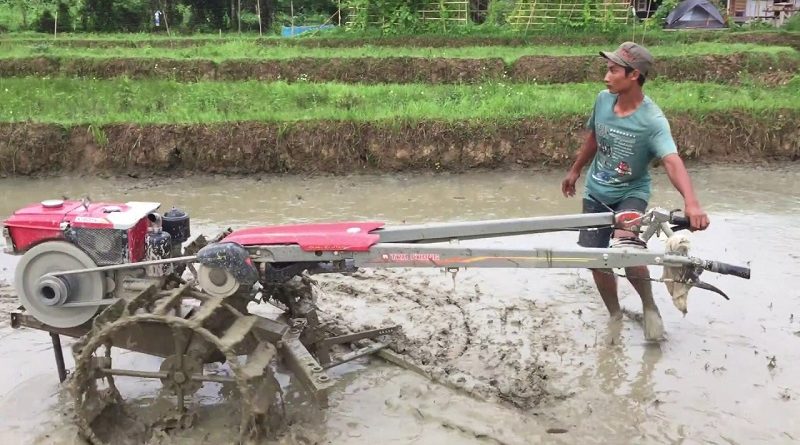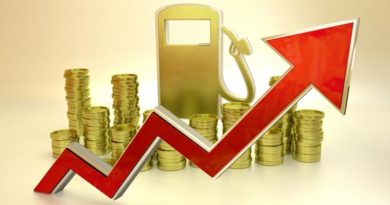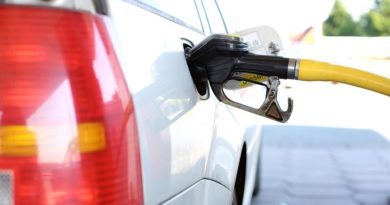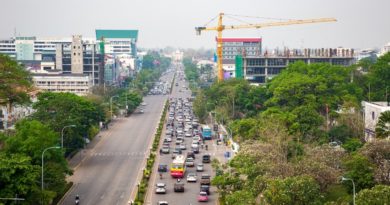Lao Govt Approves Tax Cut On Diesel To Ease High Prices
Source: Vientiane Times
The government has agreed to waive the excise tax on diesel, which was previously charged at 15 percent, in a bid to lower the retail price of fuel and ease the impact of high energy prices on farmers.
Removal of the excise tax charged on diesel is in response to a request from fuel businesses and importers, who are struggling source sufficient funds to buy fuel.
The issue has been exacerbated by the declining value of the kip and the rising price of oil on the world market.
The move is also in response to farmers’ pleas for cheaper fuel for use in crop cultivation.
The tax cut will reduce the revenue earned on fuel by the government but this should be partially offset by a rise in other tax revenues.
At the same time, the Lao Fuel and Gas Association is calling on the public to understand that fuel companies are doing their best to source more petrol and diesel to meet everyone’s needs, but their efforts are hampered by the soaring cost of fuel.

Association President Mr Sysangkhom Khothotha admitted that importers are facing an uphill battle in sourcing sufficient fuel.
As the price of the fuel imported by Laos continues to rise, the price at the pump will rise accordingly, he warned.
Officials at the Department of Domestic Trade, Ministry of Industry and Commerce, are attempting to find ways to regulate the price of fuel, as higher costs are driving up the cost of transportation, inflation and the overall cost of living.
The government will try to lower costs by reducing the fees paid to the road maintenance fund, as well as lowering oil taxes and other fees paid by businesses, in order to keep prices from spiralling out of control, a ministry official said.
Most farmers say they are struggling to get enough fuel to plough their fields and water their crops, and steadily rising petrol prices are visibly affecting the poorest people.
In a post on social media, one man in Vientiane province said farmers, including himself, had been to the district agriculture office to discuss the need for fuel, as this time of year is the main crop growing season.
“We explained that we are unable to plough our fields or water our crops if we can’t get fuel. The rising cost of fertiliser is also another serious problem, and has led to some farmers abandoning their fields this year,” he said.
Although some officials and fuel companies are attempting to downplay the situation, members of the public are demanding solutions instead of denials that a crisis exists.




